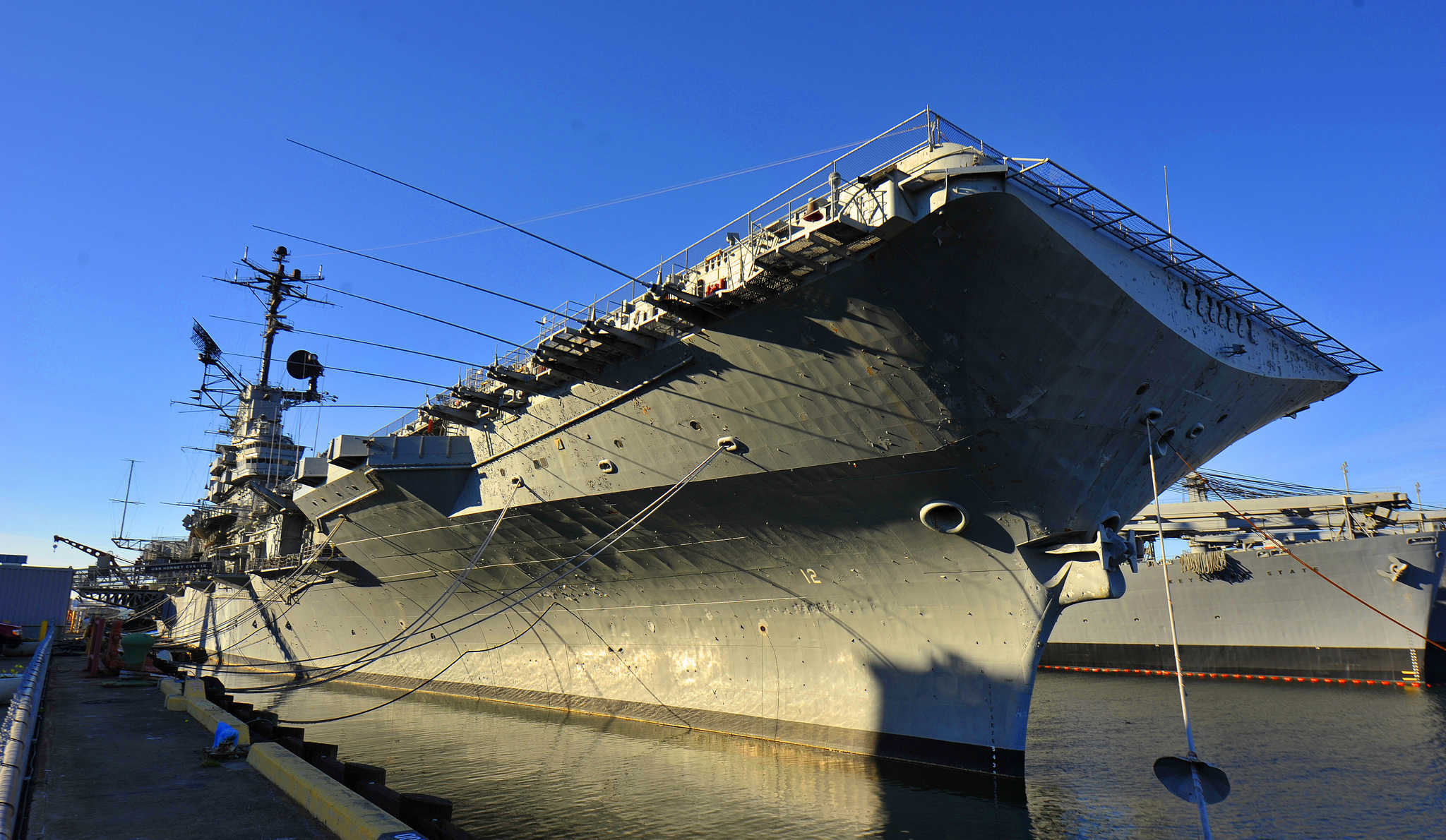By: Phil Kohn. Dedicated to the memory of his father, GM3 Walter Kohn, U.S. Navy Armed Guard, USNR, and all men and women who have answered the country’s call in time of need. Phil can be contacted at ww2remembered@yahoo.com.
Gen. Sun Li-jen of the Chinese 38th Army on April 17, 1942, leads 800 combat personnel (plus 320 auxiliaries) of his 113th Regiment against the Japanese encircling the Indian Army’s 1st Burma Division at Yenangyaung, Burma. Attached to Gen. Sun’s force are two battalions of M3 Stuart light tanks and a battery of 25-pounder guns of the British 7th Armoured Brigade. In Vichy France, Pierre Laval takes over as prime minister from Philippe Pétain, who retains the position of Chief of the French State.
On April 18, 16 U.S. B-25 bombers — under the command of Lt. Col. James H. “Jimmy” Doolittle, U.S. Army Air Forces, and launched from the carrier USS Hornet — bomb Tokyo, Kobe, Nagoya, Yokohama and Yokosuka, Japan. Though it doesn’t cause much damage, the raid shakes the confidence of the Japanese civilian population and enrages the Japanese high command. With not enough fuel left to return to Hornet, 15 of the planes crash-land in China while the other lands at an airbase near Vladivostok, in the far eastern Soviet Union. Of the 80 total crew members, 72 survive. On Europe’s Eastern Front, action enters a lull as the terrain becomes a morass of spring mud, hampering military movements on both sides.
After three days of fighting in temperatures reaching 114°F, the Battle of Yenangyaung, Burma, ends on April 19 in an Allied tactical victory. The Japanese suffer heavy casualties and must retreat. However, the Allied troops are too weak and disorganized to hold the oil fields and withdraw to the north. In Italy, the government issues a decree that excludes Jews from all areas of the performing arts.
The aircraft carrier USS Wasp on April 20 delivers 47 Spitfire Mk. V fighters to Malta for the RAF. Unfortunately, the planes — still on the ground — are quickly destroyed by intense German and Italian air raids. German and Italian troops based in the Independent State of Croatia (a Nazi puppet regime) begin a joint counter-insurgency operation (“Operation Trio”) against anti-Axis partisans located in eastern Bosnia.
In Burma, the Japanese 18th Infantry Division captures Kyidaunggan, on the road to Mandalay, on April 21. An Anglo-Canadian force conducts a successful overnight reconnaissance raid on the coastal village of Hardelot in far northern France. Lt. Edward “Butch” O’Hare becomes the first U.S. Navy recipient of the Medal of Honor for his actions on February 20, 1942. That day, O’Hare, in his F4F Wildcat fighter, single-handedly attacked nine Japanese Mitsubishi G4M “Betty” bombers heading for his aircraft carrier, USS Lexington. (Lexington’s air wing was away on a mission, and the remaining fighters of the carrier’s combat air patrol were attacking other intruders miles out from the carrier.) O’Hare shot down three of the Japanese planes and damaged two others, saving Lexington from certain damage and possible loss. In the U.S., President Roosevelt — under authority of the Trading with the Enemy Act of 1917 — orders the seizure of enemy-controlled U.S. patents, estimated to number around 25,000.
On April 22, the Allies establish Naval Task Force 44 in the Pacific. The unit, comprising mostly U.S. Navy vessels and some ships of the Royal Australian Navy, is tasked with defending northeastern Australia and surrounding areas from attacks by Axis forces, especially those of Japan. The Task Force is commanded by Rear Admiral John Crace, Royal Australian Navy.
The Luftwaffe begins its “Baedeker Blitz” against the United Kingdom at Exeter on April 23. In retaliation for the March 28 RAF raid on Lübeck, Germany, the blitz is a series of attacks against English cities chosen for their cultural or historical value: Exeter, York, Norwich, Canterbury and Bath. (“The Baedeker Guide” was a popular travel guidebook of the time.) The attacks last into May, killing 1,670 civilians, injuring 1,700 more and destroying 50,000 homes. South Africa severs diplomatic relations with Vichy France. Chinese troops in Burma begin withdrawing into China.








